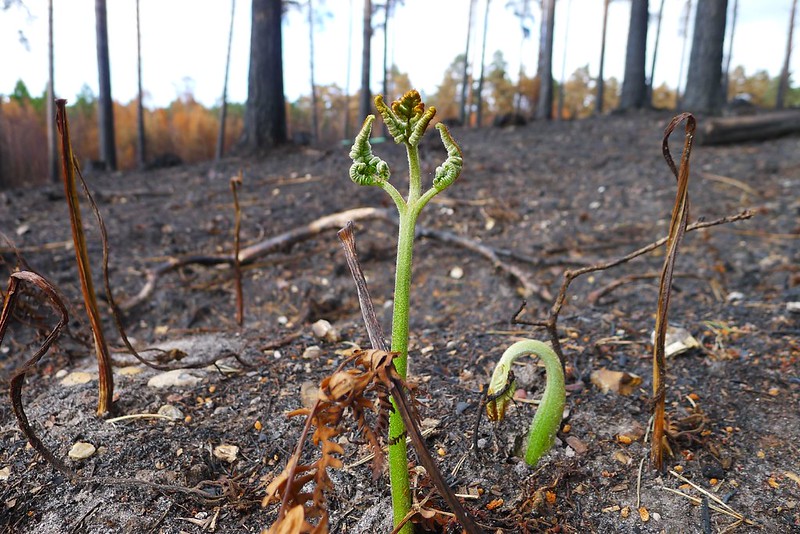We are living in a different world. These words could continue in countless directions, especially right now. But one particular direction has my attention.
Those who create, teach, or learn must build strong houses. These houses need to rest on the solid foundation of time-tested, intellectually challenging, morally strong, and spiritually worthy content. In short, we are called upon more ardently than ever to nurture that which has value.

Attacks on traditional classic literature, the art, history, even mathematics used to sound like the fluttering of distant wings. Alas, they now roar like lions, cutting out the very roots of all that is good. After the roots are devoured, the leaves wither and die. If we did not believe that before, we have no choice but to realize it now.
It is one thing to rant about the general ignorance perpetuated by our public school curricula (there are exceptions; after all, some folks survived the RMS Titanic). Do you not yearn for the days when young clerks had enough smarts to see that a total on a cash register was wrong, rather than stare back in boredom and mumble “Well, uh, that’s what the computer says.”
Another level of the problem, though, raises its ugly head when we consider the trendy listings in the once-hallowed ground of college curriculum. Having spent my life in academia, should I not have grown accustomed to this?
Well, I am not accustomed to it! I spent my academic life in departments of music that had to offer rigorous courses in music theory, history, sight-singing, and score reading if they want to produce capable, good musicians. So it has been a while since I carefully scanned a list of course offerings, as the following story will show.
Wednesday, working on materials for the next session of my spring seminar Imaginative Literature, a realization knocked me in the head. “Carol, you live in Winston-Salem now!” (I still think I am in Texas.) “You are so close to UNC-Chapel Hill (alma mater for my masters and doctorate). So, why not look and see if you could take some of the courses you wanted to take back then?”
My heart leapt. Why not indeed? I could start with a course in the Department of Slavic & German languages where once I pursued a masters in Russian along with my music degrees. Maybe there are remote courses. For that matter, the drive to UNC’s campus is but 90 minutes which, for a Texan, equals a trip back-and-forth across the Metroplex for an optical appointment.
 Excitement grew inside me. Then the Ninth Wave hit me: “The libraries! The libraries! Those magnificent libraries where once I camped in grad school: they are still there, awaiting!” Ah, the cold marble of the Reading Room floors. The glorious, dark, musty stacks. Despite decades of research in major libraries across the world, I want those libraries back in my life.
Excitement grew inside me. Then the Ninth Wave hit me: “The libraries! The libraries! Those magnificent libraries where once I camped in grad school: they are still there, awaiting!” Ah, the cold marble of the Reading Room floors. The glorious, dark, musty stacks. Despite decades of research in major libraries across the world, I want those libraries back in my life.
Truth be told, almost everything I need for research these days is either downstairs in our own extensive library or available in digital versions. But forget that! The thought of reentering those astonishing libraries where, scared and exhausted, I grappled with the academic demands necessary to pursue my dreams filled me with exhilaration. My fingers raced to pull up the UNC-Chapel Hill website. What will I find? What might be open to auditors? That’s when I became confused.
Yes, I know the entire tenor of academia has flipped its lid. I lived through enough of it. Yet, in traditional departments—those few that have survived—I naively expected to find familiar course offerings, even if New Speak clouded some of the titles.
Guess what? The jokes I make about today’s university courses are less funny than I thought: “’An Examination of the Transcendental Properties of the Early 20th-Century Ice-Tea Spoon’ . . . ha ha ha!” Perusing actual listings, my rush of joy at seeking a seminar in Old Church Slavonic or Baroque German Literature turned into a bucket of icy water tossed in my face.
At the edges, I did find a few recognizable courses offered by faculty from European institutes or older professors inches away from retirement who still have one foot in reality. But the rest of the titles caused my eyes to glaze over. I’ll say no more. And, quite frankly, considering the high ranking and extensive faculty of this department, I’m probably looking at the cream of the crop as to what still survives in university language departments.
Titles have always reflected societal trends and can be deceiving. I know that. And any good teacher loves to update, rethink, and reconfigure content. Quirkiness can have a place (once a body of knowledge is already mastered). Plenty of modern ideas and fun can be cultivated within the traditional structures and strictures of academic learning, as anyone pursuing courses in Logic, the Great Books, or the masterworks of art knows.
But essential content comes first. No matter the age of the student, essential content and the principles and tools for inquiry into a field of learning have to be laid down first, unaffected by ancillary trendiness or frivolity.
Mulling it all over, I came, yet again, to the same two conclusions. The situation is bad. Very bad. Nonetheless, exciting directions and promising paths have revealed themselves in recent decades. Parents are reclaiming control of their children’s education. Rigorous private schools and Classical academies are springing up. Graduating high-schoolers are seeking alternatives to taking on exorbitant debt for the increasingly low returns of college.

The nascent push for a return to traditional pedagogy and educational content is growing, very much like those tiny green shoots that wind their way up from the soil after a wildfire. Having lived through wildfires on our Texas ranch (not to mention the eruption of Mt. St. Helen), I can think of no better image for how it feels to stand here right now, looking in dismay across the ash of what has burned, yet latching onto those vigorous shoots as they push away chunks of cinder and proclaim their message of life and hope.
So, no matter how any given day unfolds for you, if you are watering that which is time-honored and proven, striving to reclaim and restore things that are good, beautiful, and true in your and your children’s education, you are fueling the essential life desperately needed if we are to survive. Forest managers do tell us that nothing promotes richer soil better than the devastation of a fire. Let that be a guiding truth for us today as we anticipate the flora of spring.




I have to laugh as distance is relative. Like you said, 90 minutes across the Metroplex in Texas is nothing. When we went to Disneyland and stayed at a hotel in downtown Orlando, I asked if there was a shuttle to the park. The hotel receptionist was incredulous. That is 20 minutes away! I responded that I drive farther than that to the grocery store.
Beautiful post, thank you.
This was encouraging to me today, as a homeschooling mom, and like most of us, I can use all the encouragement I can get these days. Thank you for sharing it!
Absolutely beautiful, Professor Carol.
I am currently giving my greatest effort to classically home-educate my 6th grade son, 3rd grade daughter and kindergarten daughter in Chicagoland. This endeavor began in 2012. Your letters inspire and encourage me in my journey. Your quote below was particularly moving tonight:
“So, no matter how any given day unfolds for you, if you are watering that which is time-honored and proven, striving to reclaim and restore things that are good, beautiful, and true in your and your children’s education, you are fueling the essential life desperately needed if we are to survive.”
Thank you for your ministry.
Beautifully written. I appreciate the hope of this pos, as well as the accurate portrayal of our society. I am so grateful to have the choice to homeschool my five children in the classics.